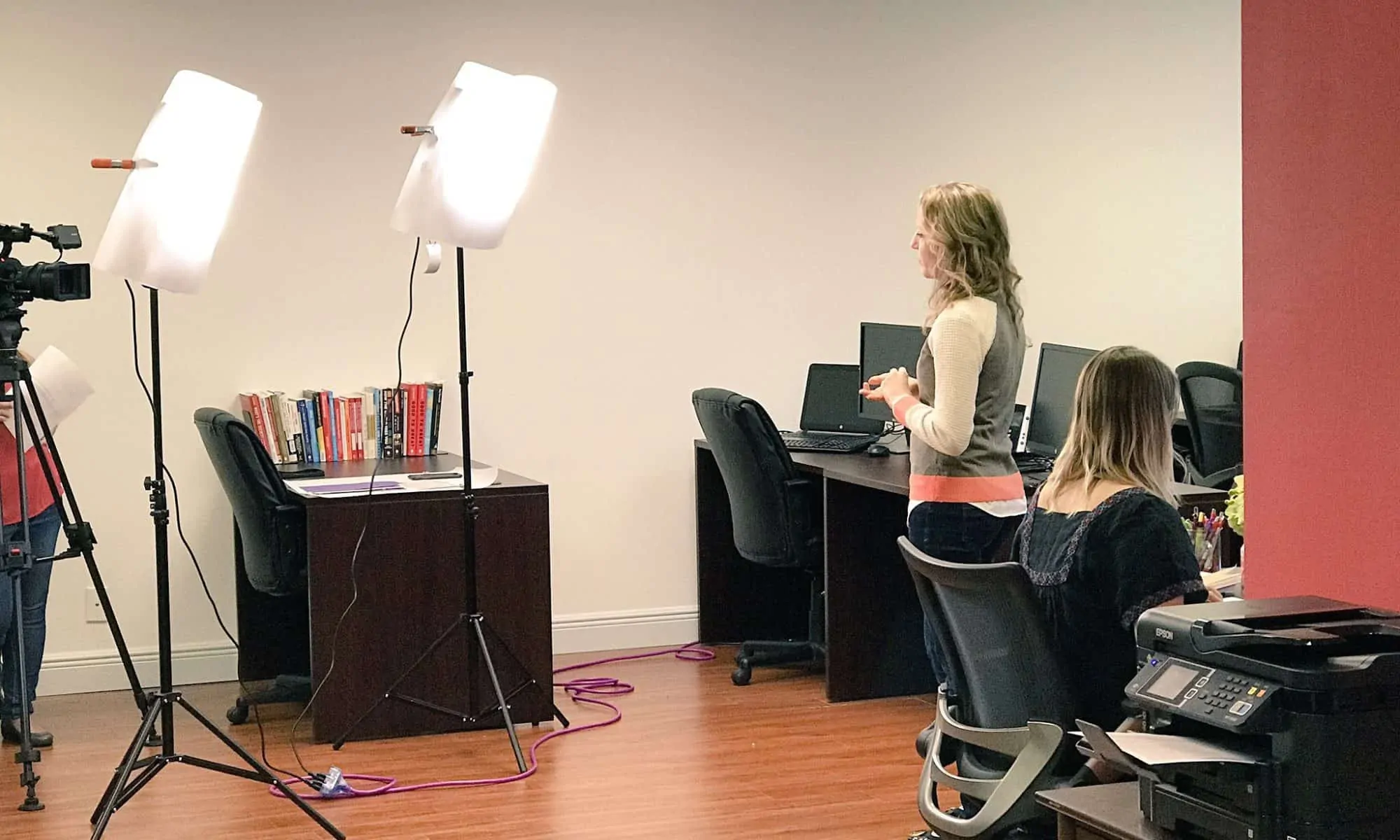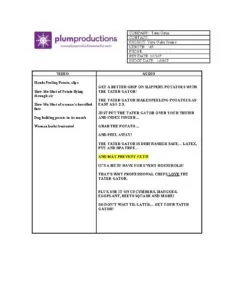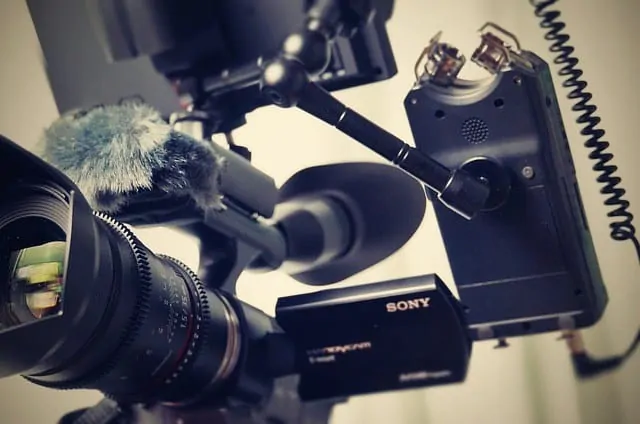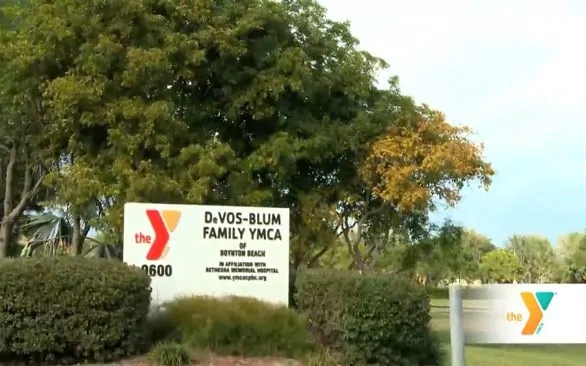When creating video, the production can feel like a huge undertaking. It shouldn’t be and it won’t be if you are hiring the right video production company. There are literally 100s of video companies around you, but finding a video production company that works best with you can feel a little daunting. When hiring a video production company, you should know the answers to some basic questions before you hire them. Each question will garner an answer that will help you determine if they are a good fit or if you need to keep searching. Each question should have a purpose to support your video marketing agenda and the overall video strategy. Here are the six questions to ask before deciding on whom to hire to make your potential video:
Hiring Based on their Portfolio of Work
Can you show me some of your work? When shooting a corporate video, for a website or for TV, seeing samples is the first thing you should ask to see. Sometimes referred to as a demo reel. During this process, the video production company should show samples from their portfolio. They should have some on their website, their YouTube and/or Vimeo page and even on their social media pages. While you view their work, you should be thinking about their quality of work, their style, and their level of skill. You might want to follow up with, “What was the marketing strategy behind this video?”
Questioning the Portfolio
Did you shoot and edit something nice, or did you shoot to a specific script? While most video professionals will plan the shoot out ahead of time, many do not. This question is to determine whether they are good producers, shooters, or editors. You want is all three on your video production team…whether in one person or in a couple of people. Some video pros are very good at shooting the video, but struggle to get the edit completed on time and to your liking. Other video pros are very good at editing but miss big opportunities during the shoot to tell your story. The key is the plan before the shoot. This is what will usually make or break a project…and when we usually get calls to fix. Crafting the right script for your video content is something you want in your video partner.
What Might Go Wrong After Hiring You?
What can derail this project? This is a great question to find out what problems may arise during the course of your project and after hiring them. The answer you get might be a bit vague but may lead to follow up questions. One of the biggest items that derail projects for us is change in scope…or scope creep. Any change in script after a shoot can severely change the scope. Remember, the script is the plan. Change the plan and you can change a lot! There are several things that can derail a project: script changes, change of actors (or person on camera), change of shoot locations, adding of shoot locations, change of messaging…and the list goes on.
Production Budgeting
When has a production gone over budget? This question is meant to trick the video production company. The answer is: it shouldn’t go over budget. Keep in mind, if you have a very small budget, the video pro may not be able to do everything you want; however, the video pro should offer some insightful suggestions to get it closer to your budget. Budget should be a factor, but not the deciding factor when hiring a company. If the shoot is not planned and executed poorly, the final video will most likely not meet your expectations…wasting your money. A larger budget doesn’t always mean better video…but smaller budgets might. Here are some factors that can increase a budget: length of the shoot, including professional talent, professional narration, special music (non-royalty free).
Actions Speak Louder Than Words
Can you do what you say you can do? Because creative work is subjective, their answer is something you need to consider. What you think is creative may be mundane to another. Be very clear about your expectations. If you have a vision for your video, your video producer should be able to clearly see your vision and describe some details about how they’ll pull it off. Sometimes it comes down to having the right equipment for what you want in your video. Sometimes it is how the story is told. If you feel the video producer understands what you’re after, you should be fine…now it comes down to whether the quality matches your expectations. This is where you should be evaluating their work. Quality means having the proper sound equipment, the proper lighting, the proper framing, and an attention to detail (such as the background) can all make an impact on the final product. Look at the samples to determine if they have what it takes.
Deadlines!
Have you ever missed a deadline? What happened and why? If your project is on a time constraint, ask this question. If it isn’t and time isn’t an issue, you may consider skipping this question. We get calls (a lot) where we’ve heard, “They (their video production company) have been working on this project and edit for 6 months, and I’m fed up waiting for them to finish. Can you help us?” There are several different types of video, and six months may the right amount of time for some projects, but for some of the calls we get, six months is completely inappropriate. Several problems can come up during a video project and effect the project timeline. Believe it or not, one of which may be the producer, the client, the shoot, too much work to complete in a short amount of time. A good producer can to tell you how long the project should last and when you can expect completion. Keep in mind, even the best producer can miss a deadline in his or her life, but this should be very rare. If they say they have missed a deadline, find out how often it happens. This should be a good start to picking a good video production company. Listening to the answers to these questions should lead to closer to a decision about the level of work they can do and identify some problems that may come up. If you need help or have any questions, please feel free to reach out to us. We can answer any questions you have, even if we are not your video production company. We are here to help.
Related Articles:
Check out Top 5 Questions to Ask a Video Production Company Before Hiring Them.
8 Questions to Ask a Video Production Company
Wistia’s Questions to Ask a Video Production Company
























